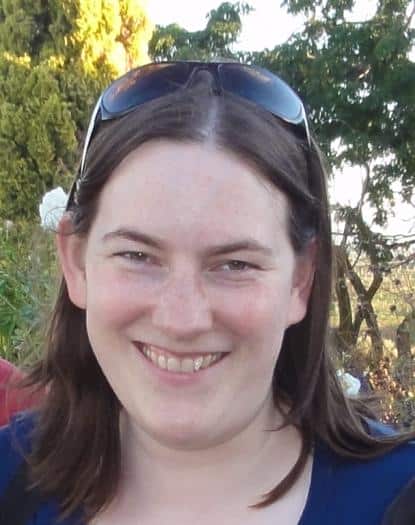
Working life of a Chemistry Student
Lectures are organised by the University Chemistry Department and form an integral part of the course. They are attended by all Chemistry students in your year and should be regarded as compulsory. In addition to providing the basis for the syllabus, lectures are an opportunity to hear an active (and sometimes very eminent) researcher speak about his or her field, often in an interesting and exciting way. You will receive a list of lectures at the beginning of each term.
One of the most distinctive features of studying at Oxford is the tutorial system. In addition to attending university lectures, Chemistry students will typically have 1-2 tutorials a week in which they meet a tutor in a small group of 2-4 students to discuss work set by that tutor. This work (usually in the form of answers to problem sheets) will have been set no less than a week in advance and is handed in to be marked. First Year students also attend a weekly Maths class. Tutorials are an excellent opportunity for students to get individualized attention and work best when students come to them prepared to ask questions, think through problems, and contribute to discussions.
St Hilda's Chemists have laboratory-based practical classes on Monday and Tuesday afternoons. Throughout the First Year you will be assigned a series of experiments which must be completed, written up, and signed-off according to a fixed timetable.
In addition to giving tutorials in their subject, one of your tutors will be designated your Personal Tutor. This person is responsible for directing your studies and can also help you with any concerns or worries on any matter, personal or academic. They can discuss these with you or direct you to other supports in College or the University.
Beginning-of-Term Collections are exams, set by the college, to monitor your progress and to promote working and revision during the vacation. They are taken seriously and sat under invigilated conditions (normally on the Friday and Saturday of 0th week, the week before 'Full Term' when teaching starts). They will be marked by your tutors and you will usually have a class in the first few weeks of term to go over the answers. Collections provide good feedback on your progress and outstanding performance in collections can be rewarded with college prizes.
Towards the end of each term, all tutors write reports on the work of the students they have taught in that term. At the end of term, your Personal Tutor will meet with you individually to discuss your reports and this provides an opportunity for you to ask questions about your progress and make any comments you think appropriate.
St Hilda's has an excellent collection of Chemistry textbooks in its library, which can be borrowed during term and also over the vacation. Information about using the library is available here and students are encouraged to submit any requests for new book purchases to their tutors; if a very popular book is on loan, we can usually arrange for extra copies to be bought.
One of the important skills you will need to acquire in your time at Oxford is the ability to plan your time effectively. Balancing the (often conflicting) demands of academic work, sport, music, clubs, your social life, and sleep(!) can be tricky and, of course, you still need to find time to do laundry, shop, and so on. Bear in mind that there are fixed points around which to plan your time: lectures, tutorials and practicals have a fixed timetable, and work deadlines are almost always known well in advance. Try to work evenly throughout the week at a pace that suits you – some people work best in short bursts with frequent breaks, others need large blocks of time without distractions - but don't rely on making up time late at night: no-one works well when they are too tired and falling asleep in lectures the next morning can be embarrassing.
If you do find you are having problems organising your time, ask your tutor for guidance (preferably before it starts to become a major problem), and keep a detailed diary of how much time you spend working and when and where you work. Most students learn to organise their time effectively so they can successfully manage their workload at the same time as participating in extracurricular activities.
After St Hilda's
Typically about 40 per cent of Chemistry graduates remain in the university sector in the first instance, the great majority for further training in research on doctoral programmes. Many of these go on to pursue careers in research and development (in both Chemistry and allied sciences), others in a variety of positions in management, administration and marketing. Of those taking up employment right away, a high proportion enter the financial services sector as trainee accountants or analysts of various kinds, mostly with the major firms or City institutions. Others have gone into the computer applications (IT) industry, teaching or consultancy.
Up to 6 places per year
Meet our Academics
You can read more about the course academics via their profiles which can be accessed below.

Chemistry

Chemistry

Chemistry
